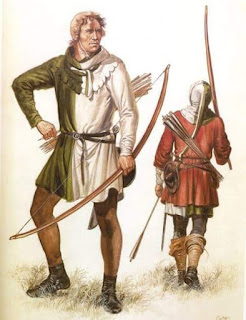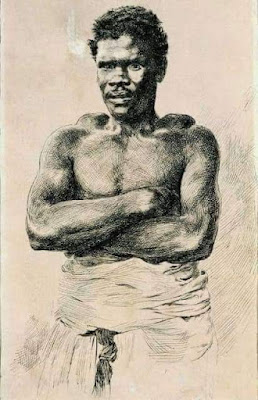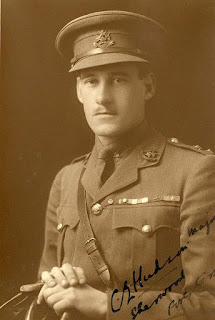How others saw English people 🏴 during medieval 🏰 times .
The English were pronounced by other nations to be guilty of the sin of pride; that was their most prominent characteristic.
The fourteenth-century French chronicler Jean Froissart described 'the great haughtiness of the English, who are affable to no other nation than their own'. A German knight, Nicholas von Poppelau, visited the country in 1484 and complained that the English think they are the wisest people in the world' and that the world does not exist apart from England'.
Fifteen years later a Venetian traveller stated that the English are great lovers of themselves and of everything belonging to them'. Whenever they see a handsome stranger, they say that 'he looks like an Englishman'
Other nations were sure that the English had tails.
The Greeks of Sicily, who were obliged to entertain the presence of English crusaders in 1190, referred to them as "the tailed Englishmen'. At the end of the thirteenth century the Scottish forces, besieged in Dunbar Castle, shouted from the battlements, You English dogs with long tails! We will kill you all and cut off your tails!' It is possible that the offence was originally that of long hair, worn down the back like a tail, and gradually became a term of general opprobrium.
The French accused the English of being drunken and perfidious; the notion of la perfide Albion, current in the late eighteenth and the nineteenth centuries, has a long history. They were aloof; they were phlegmatic; they were insensitive to their own suffering, and to the sufferings of others.
They were not afraid of death. That is why they quarrelled with so much ferocity; they robbed and murdered one another quite openly. Sometimes they even killed their king. So they were known for their violence.
The English themselves admitted many faults. The author of Vita Edwardi Secundi, writing early in the fourteenth century, maintained that his countrymen excelled in pride, in craft and in perjury. Ranulf Higden of Chester, in the same period, described his compatriots as drunken, greedy and dishonest.
Their drunkenness was a common cause of complaint, so often described and condemned that it became almost a caricature. A papal envoy to England wrote in 1473 that in the morning they are as devout as angels, but after dinner they are like devils'. Certain national characteristics may never change.
Source ~ Peter Ackroyd ~ The Foundation of England




Comments
Post a Comment